Year: 2008. Place: Abu Dhabi. I was involved in a local training program that later turned into what we now know as Tawteen. The company I worked for had imported cutting-edge training programs from top tier providers in the world. In a discussion with the colleague who headed the soft skills training department, I asked her why trainees were learning western business etiquette. Her answer was: They call these best practices for a reason. Most trainees back then failed their first job interview.
Yes, they were learning “best practices”, a set of skills that was completely out of context, and worthless for the people who were to become admin assistants in government entities in the UAE.
Those trainees are ok today, do not worry. But the experience they went through is a living example that neglecting local context in training programs is a recipe for guaranteed failure. This becomes even more true when it comes to training executives in the GCC region.
Culturally-aware executive training is today’s trend, and rightfully so. The GCC region has a unique culture that stems not only from its deeply rooted Islamic heritage, but also from the developmental trajectory these countries went through since their (rather recent) establishment. There is not another place in the world were the adjective multicultural applies to each and every company, neighborhood, and business sector. No exceptions.
As trainers, multiculturalism should be hard-coded into our genes. But how we express this in our training programs needs to be a conscious activity. Media training, public speaking training, business etiquette training, and even Emcee training, need to have this cultural touch that allows candidates to change perspective along with improving skills.
By: Dr. Ali Mohamad, Managing Director of House of Content





